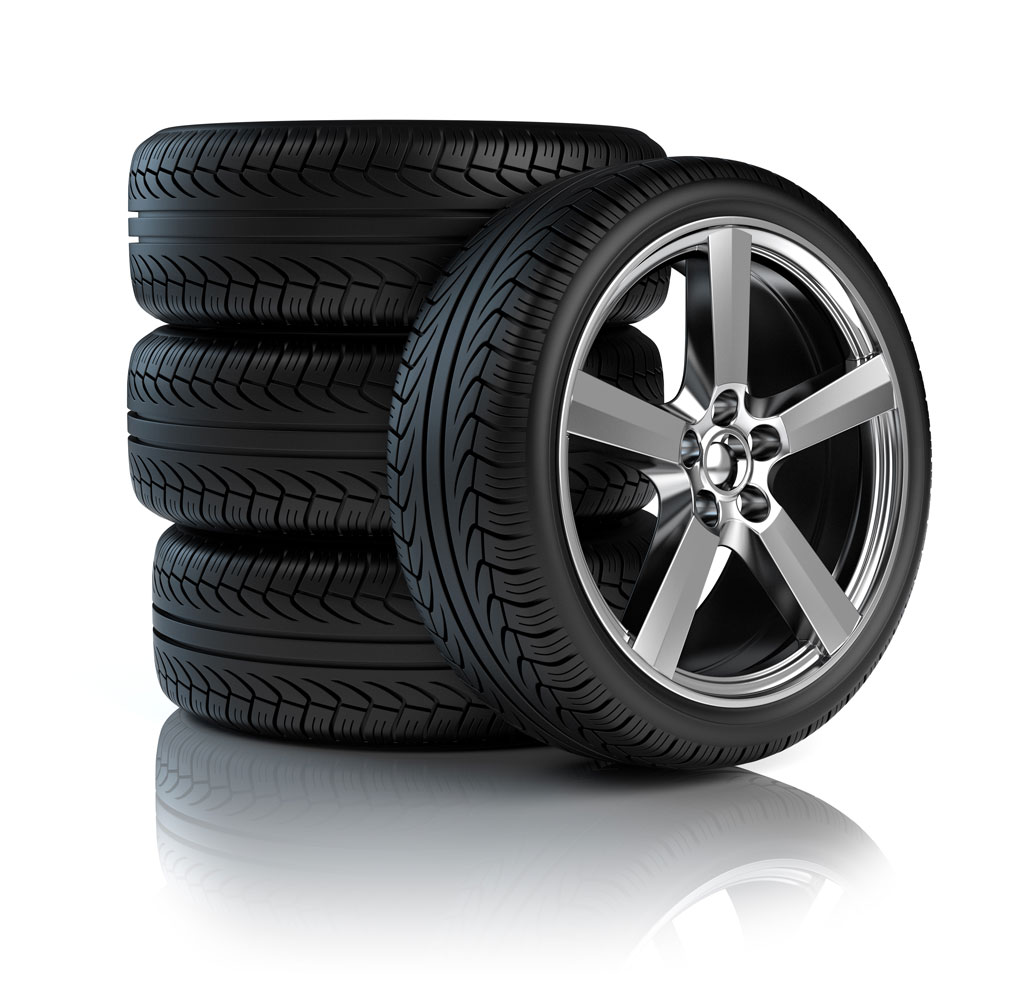Keep Rolling Smoothly: GMC Tires Service by Morris Tires
Wiki Article
Tire Service: The Impact of Climate Condition
When it pertains to guaranteeing ideal performance and safety when driving, understanding the influence of climate condition on tire solution is crucial. From scorching warm to icy roadways, each weather component can significantly affect tire functionality and total driving experience. By delving right into the impacts of varying weather on tires, drivers can obtain useful understandings that may boost their automobile's performance and durability. In this conversation, we will certainly discover the complex connection in between weather conditions and tire service, clarifying the significance of weather-specific tire maintenance practices and considerations.Warmth and Tire Efficiency
When subjected to heats, tires experience adjustments in performance that can substantially influence automobile safety and handling. The heat produced from prolonged driving or heat problems causes the tire rubber to soften, bring about reduced tread life and raised wear. As the rubber becomes softer, the tire's hold on the roadway diminishes, influencing stopping distances and general traction. In extreme instances, excessive warm can even trigger tire blowouts, presenting a severe security danger to the car and its occupants.
Cold Climate Results
Cold weather problems can have a substantial influence on tire performance and safety and security. As temperatures drop, tire rubber can harden, resulting in reduced grip on icy or snow-covered roads. In cool climate, tires may additionally shed atmospheric pressure more rapidly, which can influence handling and fuel effectiveness. Additionally, cold temperature levels can create tire sidewalls to stiffen, increasing the danger of damages from pockets or other roadway hazards.To minimize the effects of winter on tires, it is crucial to frequently examine tire stress and inflate them to the maker's suggested degrees. Making use of winter season or all-season tires created for winter conditions can additionally improve traction and hold on icy or snowy roadways. Proper tire upkeep, including regular evaluations for wear and damage, comes to be a lot more important throughout colder months to make certain optimal performance and security.
Rainy Issues Influence
Throughout rainy problems, tire efficiency and safety can be considerably influenced by the wet roadway surface areas and reduced exposure. The tread pattern of tires plays a crucial duty in preserving traction on damp roadways. Tires with worn-out treads are much more vulnerable to hydroplaning, where a layer of water develops in between the tire and the road surface, bring about loss of traction. To fight this, motorists need to frequently check their tires for ample tread depth and take into consideration investing in tires particularly created for wet conditions.Furthermore, stormy weather condition can likewise lower visibility, making it testing for motorists to see the road ahead plainly (GMC Tire Service). In such conditions, it is important to adjust driving speeds accordingly and maintain a safe following range to permit sudden quits. Correctly filled with air tires can also help in preserving control on wet roads by giving much better handling and grasp
Snow and Tire Safety And Security
Snow-covered roads posture unique challenges for motorists, highlighting the significance of correct tire choice and upkeep. When driving in snowy conditions, having the appropriate tires can make a substantial distinction in safety and security and efficiency. Winter months tires are created with special rubber compounds and step patterns to give far better traction on snow and ice compared to all-season tires. The deeper treads and sipes of winter tires aid hold the road much better, lowering the danger of gliding and slipping.
It is crucial to adhere to manufacturer instructions when making use of and mounting tire chains to prevent damages to the tires and vehicle. By picking the right tires, maintaining appropriate inflation, and taking into consideration added traction aids like tire chains, motorists can enhance their security when browsing snow-covered roadways.
Weather-Related Tire Maintenance
When faced with numerous weather, proper tire maintenance becomes a crucial aspect of vehicle safety and performance. Weather-related tire maintenance encompasses a series of techniques focused on making sure ideal tire function and longevity in various weather condition situations. One essential element of weather-related tire maintenance is tire pressure policy. Fluctuating temperature levels can cause tire stress to differ, affecting grip and fuel effectiveness. Routinely inspecting and readjusting tire pressure according to producer suggestions is vital for risk-free driving in changing weather problems. Furthermore, tire tread depth plays a considerable role in dealing with different weather condition elements. Tires with adequate walk depth provide much better grasp on wet or icy roadways, reducing the danger of hydroplaning or skidding. When walk wear reaches a specific depth is vital for maintaining grip and security in unfavorable climate, checking tire step routinely and changing tires. By focusing on weather-related tire upkeep, chauffeurs can boost security, enhance lorry performance, and lengthen the lifespan of their tires.
Conclusion
In conclusion, weather conditions have a significant effect on tire efficiency and safety. From warmth impacting tire stress and use to cold climate minimizing grip, it is necessary to think about the weather when keeping and utilizing tires.In this conversation, we will certainly explore the complex partnership between weather problems and tire solution, shedding light on the importance of weather-specific tire upkeep methods and factors to consider.

Report this wiki page